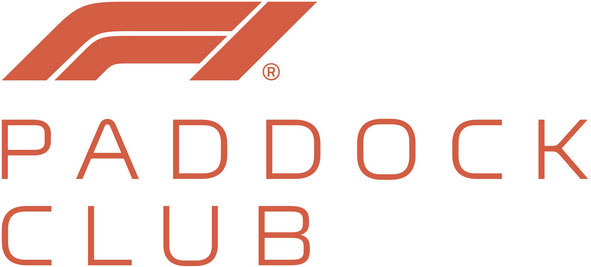Formula 1

-
21.04 China, Shanghai
-
05.05 Miami, Miami Gardens
-
19.05 Imola, Imola
-
26.05 Monaco, Monte Carlo
-
09.06 Canada, Montreal
-
23.06 Spain, Barcelona
-
30.06 Austria, Spielberg
-
07.07 UK, Silverstone
-
21.07 Hungary, Budapest
-
28.07 Belgium, Spa
-
25.08 Netherlands, Zandvoort
-
01.09 Italy, Monza
-
15.09 Azerbaijan, Baku
-
22.09 Singapore, Singapore
-
20.10 USA, Austin
-
27.10 Mexico, Mexico City
-
03.11 Brazil, São Paulo
-
23.11 Las Vegas, Nevada
-
01.12 Qatar, Doha
-
08.12 Abu Dhabi, Abu Dhabi
2025
MotoGP™

-
28.04 Spain, Jerez
-
12.05 France, Le Mans
-
26.05 Catalunya, Barcelona
-
02.06 Italy, Mugello
-
16.06 Kazakhstan, Almaty
-
30.06 Netherlands, Assen
-
07.07 Germany, Hohenstein
-
04.08 UK, Silverstone
-
18.08 Austria, Spielberg
-
01.09 Alcañiz, Alcañiz
-
08.09 San Marino, Misano
-
22.09 India, Greater Noida
-
29.09 Indonesia, Lombok
-
06.10 Japan, Motegi
-
20.10 Australia, Phillip Island
-
27.10 Thailand, Buriram
-
03.11 Malaysia, Kuala Lumpur
-
17.11 Valencia, Valencia









